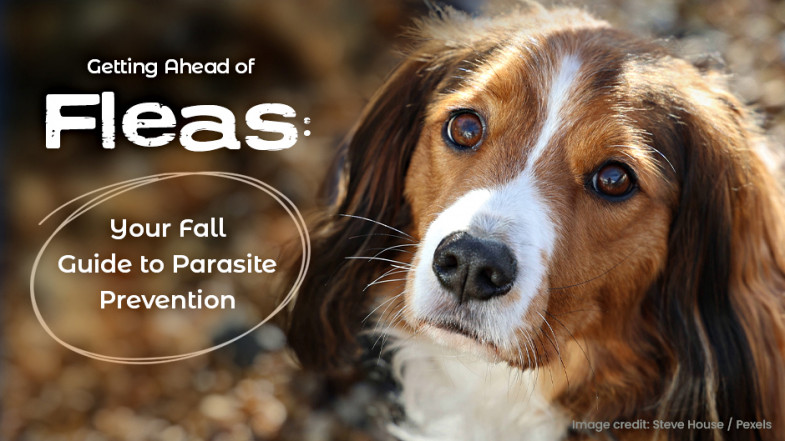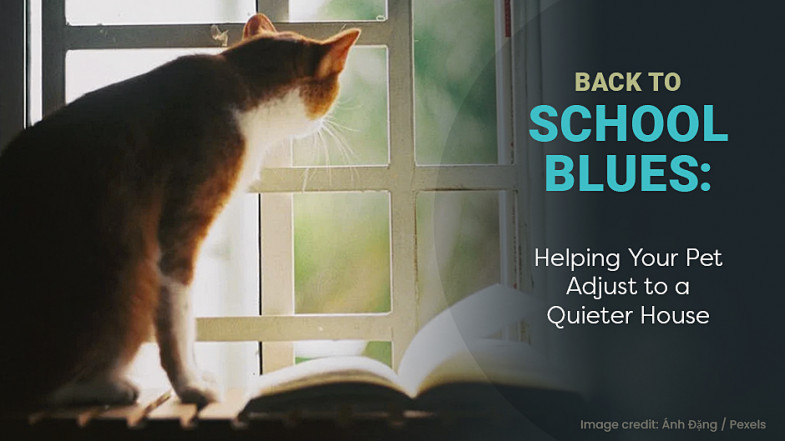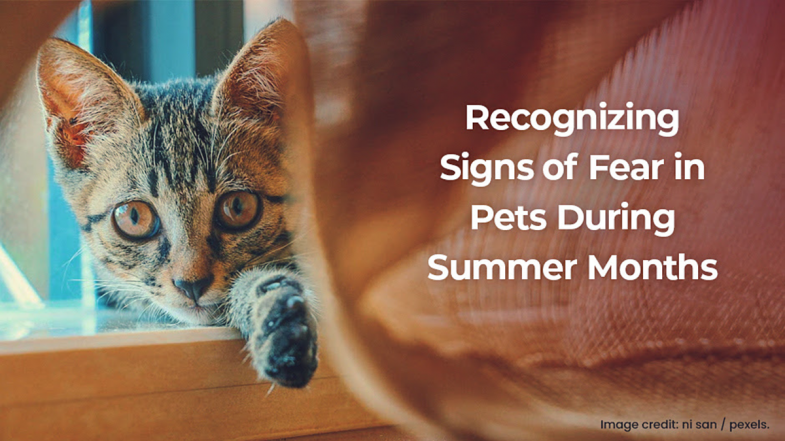The Neighborhood Veterinarian animal hospital is the heart and soul of the solo practitioner, Dr. Sue Bartz.
After feeling much disappointment while working in the corporate world, Dr. Sue began making plans to build a hospital based on professional service and personal care. It took well over a year of hard work and dedication to build an animal hospital worthy of such merit.
The Neighborhood Veterinarian opened its doors on October 1st of 2001. Though the clientele was small, Dr. Sue and staff made sure each and every client felt secure with their services. Over the years this philosophy has not changed. The clientele continues to grow but personal and professional care remains the same.
Mon, Tue, Thu: 7:30am - 6:00pm
Wed, Sat: 8:00am - Noon (Closed the first Saturday of the month)
Friday: 7:30am-5pm
Sunday: Closed
What You Need to Know About Ticks
The organization Pets and Parasites states that cases of Lyme disease and heartworm is higher this year because of more ticks. The increase is attributed to the dry and hot weather conditions of the last several summers. Fever, fatigue, arthritis, and infections of the skin are the most obvious indications of a tick. This parasite cannot survive without the blood of its host.
You can help reduce the likelihood of Lyme disease or by checking your pet for ticks daily. The best way to do this is to feel with your hand from head to tail as well as your pet’s underbelly, between toes, underneath the ears and armpits, and under the face and chin. Be sure to pull the tick out in a straight motion with a pair of tweezers so you don’t leave any of the body behind.
It’s also highly important to utilize a flea and tick prevention program. We can help!

As pet owners, we can attest that flea infestation can not only be annoying but also extremely dangerous to our pets. Fleas can cause severe skin irritation, anemia, and even transmit deadly diseases. As we approach the fall season, it's essential to be proactive in preventing fleas before they become a problem. In this article, we will discuss the flea life cycle, the dangers of fleas infesting your pet, signs to look out for, the benefits of flea prevention, and why you should purchase flea prevention medication from us, your trusted veterinarian.

Back to school season is an exciting time for kids, but for pets, it can be the source of anxiety and stress. After a summer filled with playtime, cuddles, and attention, the sudden decrease in activity can have a profound impact on our pets. It's common for pets to experience separation anxiety when their families head back to work and school, and it's important for pet owners to recognize the signs and take steps to help their pets adjust. In this blog post, we will discuss some strategies to help your pets ease into a quieter home.

As pet owners, it's crucial to prioritize the mental and physical health of our beloved companions. One of the most common causes of stress in pets is summer thunderstorms and fireworks. During these events, pets exhibit various behaviors that indicate fear and stress.When experiencing a thunderstorm or fireworks, pets may pant excessively, bark or howl, tremble, hide, or even become destructive. These behaviors can be alarming and cause stress to both the pet and the owner.So what can you do to help alleviate your furry friend's stress during these situations?